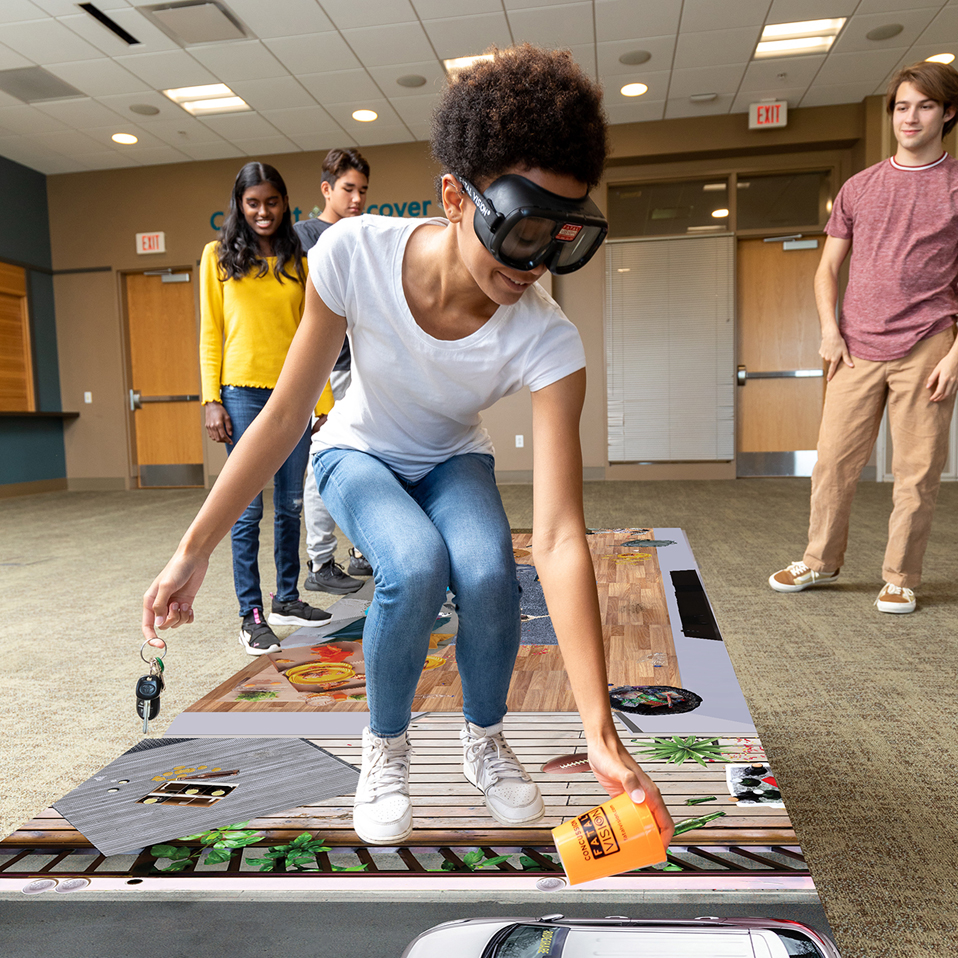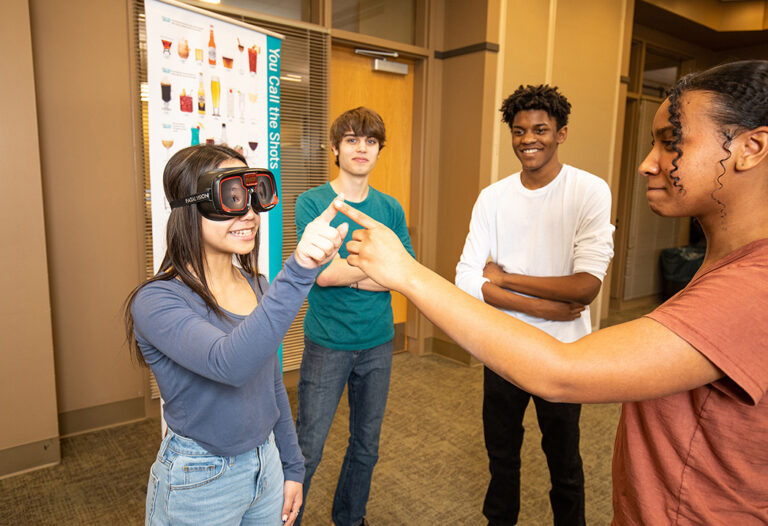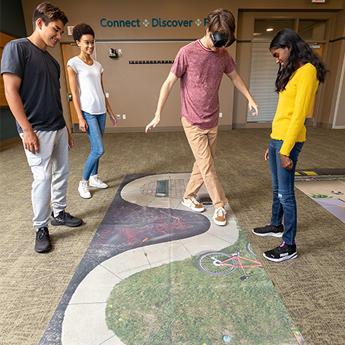Learn why early alcohol education is key to preventing underage alcohol impairment.
As youth and young adults navigate their formative years, they face a variety of pressures and influences, one of the most significant being alcohol. Educating youth about alcohol impairment is important to ensuring their safety and well-being, as well as preventing the consequences associated with underage drinking. To make a lasting impact, it is crucial to start these conversations early, involve parents and guardians, and employ effective teaching strategies. Here are some key aspects to consider when educating youth on the dangers of alcohol impairment.
The Importance of Starting Conversations About Alcohol With Children at a Young Age
Alcohol education should not be delayed until the late teenage years. Starting conversations at a young age allows parents and educators to shape these perceptions early, helping children understand the risks before they are exposed to peer pressure or misinformation.
At a younger age, these conversations should focus on providing children with age-appropriate information. For example, explaining how alcohol affects the brain and body can help children grasp why it is unsafe for them. By gradually building on this knowledge as children grow older, parents and educators can set the foundation for more complex discussions about alcohol impairment during the teenage years. Keeping the lines of communication open ensures that children feel comfortable discussing alcohol with trusted adults as they encounter situations where they may need guidance.
How to Talk to Teenagers About the Risks and Dangers of Underage Drinking
As children enter their teenage years, the risks associated with underage drinking become more relevant. Adolescent brains are still developing, making them more susceptible to the negative effects of alcohol, such as impaired judgment and increased risk of crashes. As students are learning to drive, it’s particularly important to stress the dangers of drinking and driving. Parents and educators must address these risks head-on while acknowledging that teenagers may encounter alcohol in social situations.
When talking to teenagers, it’s essential to be honest and direct. Share real-world examples of the dangers of alcohol impairment, such as car crashes, legal consequences, or academic setbacks to make the discussion more tangible. Using statistics or stories that teenagers can relate to can drive the point home more effectively. It’s important to foster an environment where teenagers feel empowered to ask questions or express concerns without fear of judgment. Conversations should be two-sided, allowing teenagers to share their thoughts, experiences, or anxieties related to alcohol.
The Role of Parents and Guardians in Preventing Alcohol Impairment in Youth
Parents and guardians are often the first line of defense in preventing alcohol impairment in youth. Their involvement is critical in shaping children’s understanding of alcohol and setting clear boundaries around its use. However, being a role model is just as important as setting rules. If parents are open about their own responsible alcohol use and the reasons behind it, they can demonstrate healthy behaviors to their children. Educating parents on responsible habits is just as important as educating students.
Additionally, parents should make their expectations regarding alcohol use clear to their children. Regular, open conversations about alcohol, consistent enforcement of household rules, and involvement in their children’s social lives can all reduce the likelihood of underage drinking.
Strategies for Teaching Responsible Decision-Making and Peer Pressure Resistance
One of the main challenges teenagers or young adults face is navigating peer pressure. Students may encounter situations where friends or acquaintances offer alcohol, making it difficult for them to say no without feeling left out. Teaching youth how to handle these moments can empower them to make better decisions.
Role-playing can be an effective strategy in this regard. By simulating scenarios where teenagers might feel pressured to drink, parents and educators can help them practice responses that allow them to refuse alcohol while maintaining their confidence. Teaching assertiveness and helping teens develop excuses for turning down alcohol without drawing attention to themselves can give them tools to navigate these moments with greater ease and confidence.
Educators and parents should also emphasize that it is okay to remove themselves from uncomfortable situations. Whether it’s leaving a party early or calling a parent for a ride home, teens need to know that prioritizing their safety is always the right choice. Reinforcing the idea that making responsible decisions is a sign of maturity can help teens feel more comfortable resisting peer pressure.
The Impact of Alcohol Marketing and Media on Youth Drinking Behavior
In today’s media-saturated world, youth are constantly bombarded with messages about alcohol. Alcohol advertising often portrays drinking as glamorous, fun, or even necessary for social acceptance. These messages can create unrealistic expectations about alcohol and lead to misconceptions among young viewers.
Parents and educators should teach youth to think critically about the media they consume. By discussing how alcohol is portrayed in commercials, movies, and TV shows, adults can help youth distinguish between marketing tactics and reality. Encouraging young people to question the motivations behind alcohol ads can reduce their susceptibility to these messages. It’s also important for parents and educators to discuss the role social media plays in influencing drinking behaviors and help teens understand that what they see online does not necessarily reflect real life.
Educating youth about alcohol impairment is a multifaceted responsibility that involves open communication, parental involvement, and critical thinking. By starting conversations early, addressing the risks of underage drinking, and teaching responsible decision-making, parents and educators can equip young people with the knowledge and skills they need to make safer choices. When approached thoughtfully, alcohol education can empower youth to avoid the dangers of alcohol impairment and lead healthier lives. Add a Fatal Vision Alcohol Goggles Kit to your education program or learn more about alcohol impairment educational resources on our blog.






